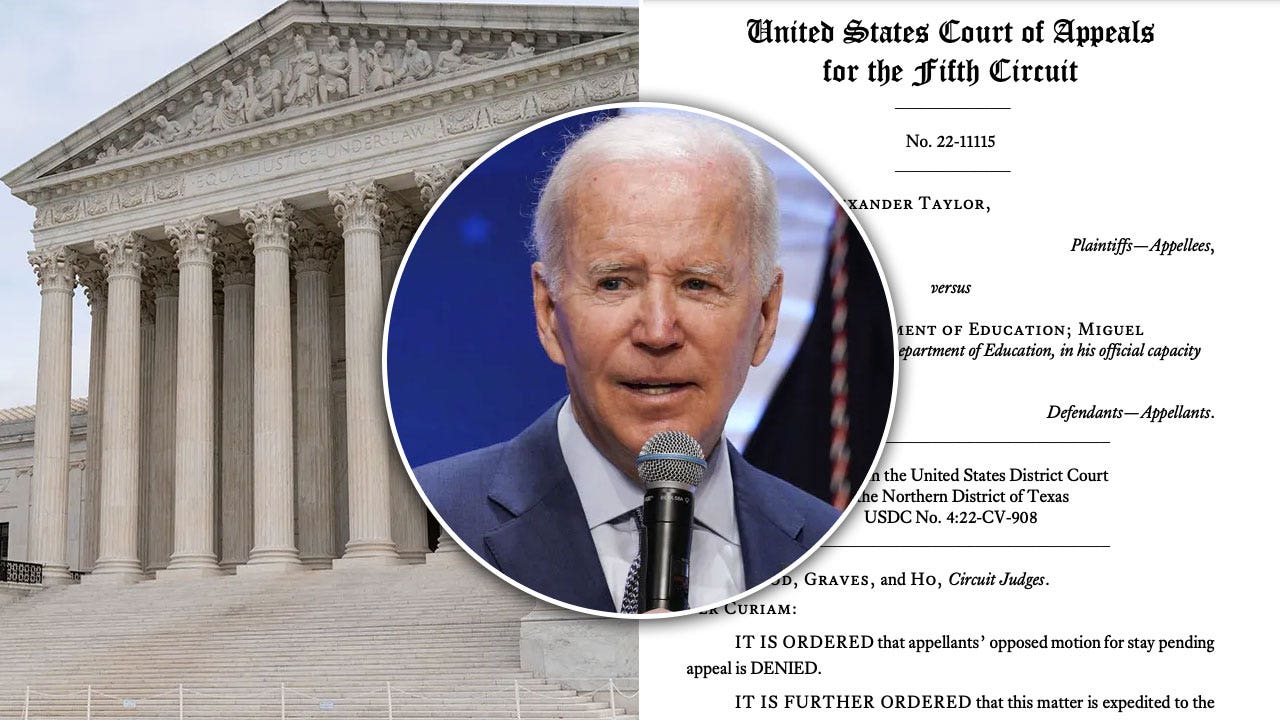The U.S. assesses that the capital of conflicts could fall to the Taliban within the next 90 days, two sources familiar with the matter confirmed to Fox News, just weeks before joe-biden” target=”_blank”>President Biden< regarding Kabul’s security has been dire for some time.
defense officials told Fox News that the intelligence community updated its assessment of Afghanistan after the Taliban conquered nine provincial capitals in recent days.
TALIBAN AMBUSHES AND KILLS AFGHAN GOVERNMENT MEDIA OFFICIAL
A CIA assessment months ago said Kabul could fall in six months, however, officials say, at this point, that prediction has been cut in half.
But one U.S. official told Fox News that while Kabul could be “surrounded” in the next month, he expected a protracted civil war to break out and the capital not to fall to the Taliban for several months, saying that most of the 300,000 U.S.-backed Afghan forces will rally around the capital.
The Taliban’s spiritual home of Kandahar, in southern Afghanistan, appears to be one of the next provincial capitals in danger of falling, and the the limited U.S. airstrikes in Afghanistan by drones, B-52 bombers, and AC-130 gunships in recent days have been concentrated in Kandahar, in what officials call a last-ditch attempt to keep the city from falling to the Taliban.
Officials also told Fox News that Afghan special forces are concentrated in the south defending Kandahar and are the only ones qualified to call in American airstrikes.
TALIBAN CAPTURE 6 AFGHAN CITIES, IN AREAS WHERE US AIRSTRIKES ARE RARE
At this point, Afghan special forces are in short supply in northern Afghanistan – one of the reasons why there have been so few U.S. airstrikes there. But U.S. officials said dropping bombs on crowded provincial capitals in the north already seized by the Taliban increases the risk of civilian casualties.
Since the U.S. military left Bagram Air Base, it must now fly from bases in Qatar and the United Arab Emirates — an eight-hour trip that leaves very little time over head in Afghanistan.

Taliban fighters are seen inside the city of Farah, capital of Farah province southwest of Kabul, Afghanistan, Wednesday, Aug. 11, 2021.
(AP Photo/Mohammad Asif Khan)
The Pentagon’s authority to carry out airstrikes in Afghanistan ends on Aug. 31, when the U.S. military withdrawal will be complete, officials say. After that date, the U.S. military will have to get the White House to approve future airstrikes or get issued a new set of authorities from the commander-in-chief. Pentagon spokesman John Kirby said Wednesday that “no policy decision’ has been made about continuing such strikes after Aug. 31.
Last week, Afghan President Ashraf Ghani blamed the United States’ “sudden” decision to withdraw its troops for the rapid collapse of security in the country.
Ghani told the Afghan parliament that “the last three months” have been an “unexpected situation.”
He added, though, that the government had a U.S.-backed security plan to bring the situation under control within six months as peace talks between the government and Taliban negotiators continue to stall, Reuters reported.
President Biden in April pushed back former President Donald Trump’s deadline for a military withdrawal from May to Sept. 11. The withdrawal began in May, and by early July the situation was rapidly deteriorating: The Pentagon on July 9 detailed “concerning advancement” by the Taliban in the wake of the withdrawal.
Two weeks later, the Pentagon said the withdrawal was about 95% finished while admitting the Taliban appeared to have “strategic momentum.”
CLICK HERE TO GET THE FOX NEWS APP
The president, though, has committed to withdrawing troops by Aug. 31.
“I do not regret my decision,” Biden told reporters Tuesday. “We spent over a trillion dollars, over 20 years. We trained and equipped with modern equipment over 300,000 Afghan forces … they’ve got to fight for themselves.”
State Department spokesman Ned Price on Tuesday told reporters that it “was never an option for the United States to maintain its forces” in the region, doubling down, saying it “was never a viable option for this president, a president prioritizes the safety, the security, the well-being of our service members, to maintain forces there in significant numbers after May 1.”
“From April 30th to May 1st, our service members would have become – could have become, once again – targets of violence,” Price said. “And that is something that had not happened since the U.S.-Taliban agreement. That was not a proposition this President, this administration, was willing to accept.”
The Biden administration has said it will continue to support the Afghanistan military financially and logistically, including with contractors helping maintain the government’s air force, from outside Afghanistan, after the withdrawal.
Fox News’ Peter Aitken and The Associated Press contributed to this report.
 Iktodaypk Latest international news, sport and comment
Iktodaypk Latest international news, sport and comment






